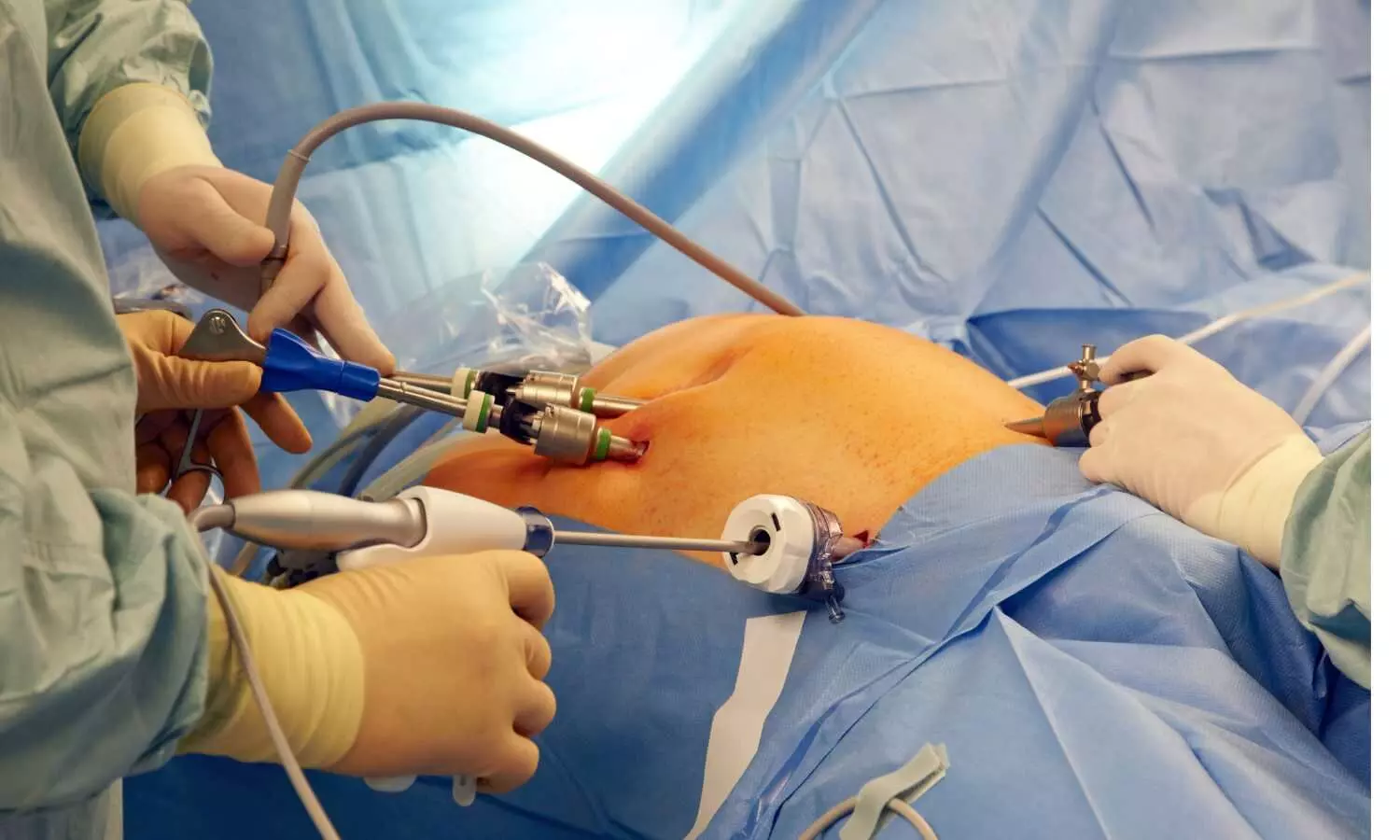Novel model based on C-peptide and creatinine measurement predicts diabetes remission after bariatric surgery

Italy: Findings from a pilot study have shown the utility of a novel model for predicting diabetes remission after bariatric surgery (BS) based on serum C-peptide and creatinine measurement. The findings were published online in Nutrition, Metabolism and Cardiovascular Diseases on December 16, 2023.
The researchers revealed the potential clinical application of ln(C-peptide/creatinine) ratio in assessing the likelihood of type 2 diabetes (T2D) remission after bariatric surgery.
Bariatric surgery is effective for type 2 diabetes treatment in obese patients. However, a significant proportion of these patients fail to achieve diabetes remission after the surgery, even after significant metabolic improvement and weight loss. C-peptide is a valuable marker of insulin secretion and beta cell function, but renal function must be considered when interpreting measurements in T2D patients.
Santo Colosimo, School of Nutrition Science, University of Milan, Milan, Italy, and colleagues aimed to investigate the association of serum C-peptide levels adjusted for creatinine with diabetes remission and achievement of the glycemic target after bariatric surgery in patients with T2D and obesity. They used a logarithmic transformation (ln) of the C-peptide/creatinine ratio to reflect beta cell function better.
The research team collected prospective data from a cohort of 84 patients with T2D and obesity submitted to Roux-en-Y gastric bypass (RYGB) at baseline and at least a 6-month follow-up.
Based on the study, the researchers reported the following findings:
- A multivariate binomial regression model showed that Ln(C-peptide/creatinine) and age were significantly associated with 6-month type 2 diabetes remission.
- The area under the curve for the receiver operating characteristic analysis (AUROC) to predict remission was 0.87, and more accurate than the AUROC based on C-peptide levels alone (0.75).
- The same model was also able to predict achieving an HbA1c target of 7% (53mmol/mol) (AUROC 0.96).
"The findings suggest Ln(C-peptide/creatinine) ratio is a useful tool in predicting type 2 diabetes remission and target achievement after RYGB surgery, providing a more accurate reflection of beta cell function in bariatric patients," the researchers concluded.
Reference:
Colosimo, S., Martínez-Sánchez, M. A., Balaguer-Román, A., Fernández-Ruiz, V. E., Núñez-Sánchez, M. A., Ferrer-Gómez, M., Frutos, M. D., Tomlinson, J. W., Bertoli, S., Marchesini, G., & Ramos-Molina, B. (2023). A novel model for predicting diabetes remission after bariatric surgery based on the measurement of C-peptide and creatinine in serum: A pilot study. Nutrition, Metabolism and Cardiovascular Diseases. https://ift.tt/JZqOaYw
from Medical News, Health News Latest, Medical News Today - Medical Dialogues | https://ift.tt/vVtp0q9
Comments
Post a Comment